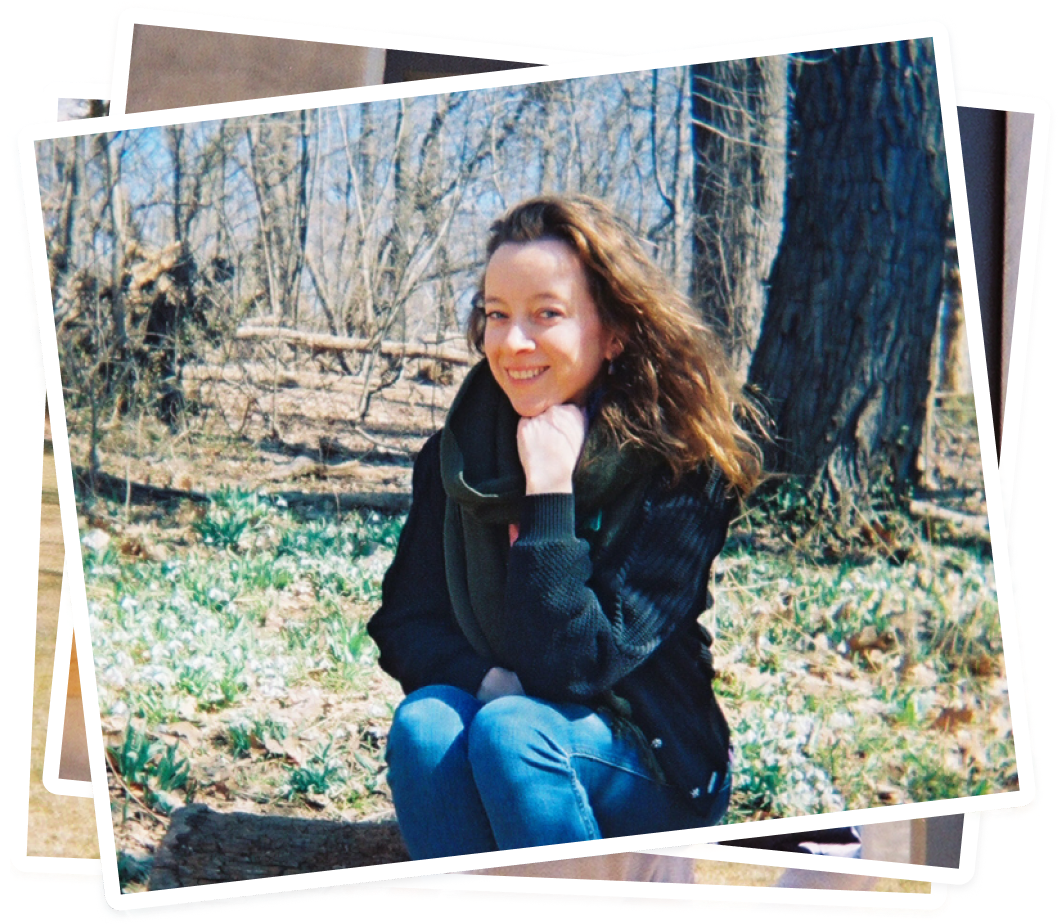
Cut back or quit drinking with Monument
Access to licensed therapists and physicians, with appointments covered by most major insurance plans.
Get startedSteps to treatment
Get started in 3 steps
Submit your insurance
Find out exactly how much you’ll pay with instant benefit check, or pay a flat fee per appointment.
Book an appointment
Meet with a therapist or physician in your first week. Specialized alcohol treatment helps you build healthier habits, and improve your overall mental health.
Receive ongoing treatment
Cut back on drinking while being a part of a supportive community that’s working toward the same goals.
AWARD winning platform
Best Online Therapy for Alcohol Addiction Treatment

2023 New York Digital Health 100 - Mental Health

Know exactly what your insurance benefits are before each appointment.
Physician and therapy appointments covered by:
- Aetna
- Cigna
- Oxford
- United Healthcare
- Blue Cross Blue Shield
Monument in the news
"[Monument] includes leading experts in the addiction field who have built research-based treatment plans, virtual moderated support groups, and options for one-on-one video therapy and physician-prescribed medication."
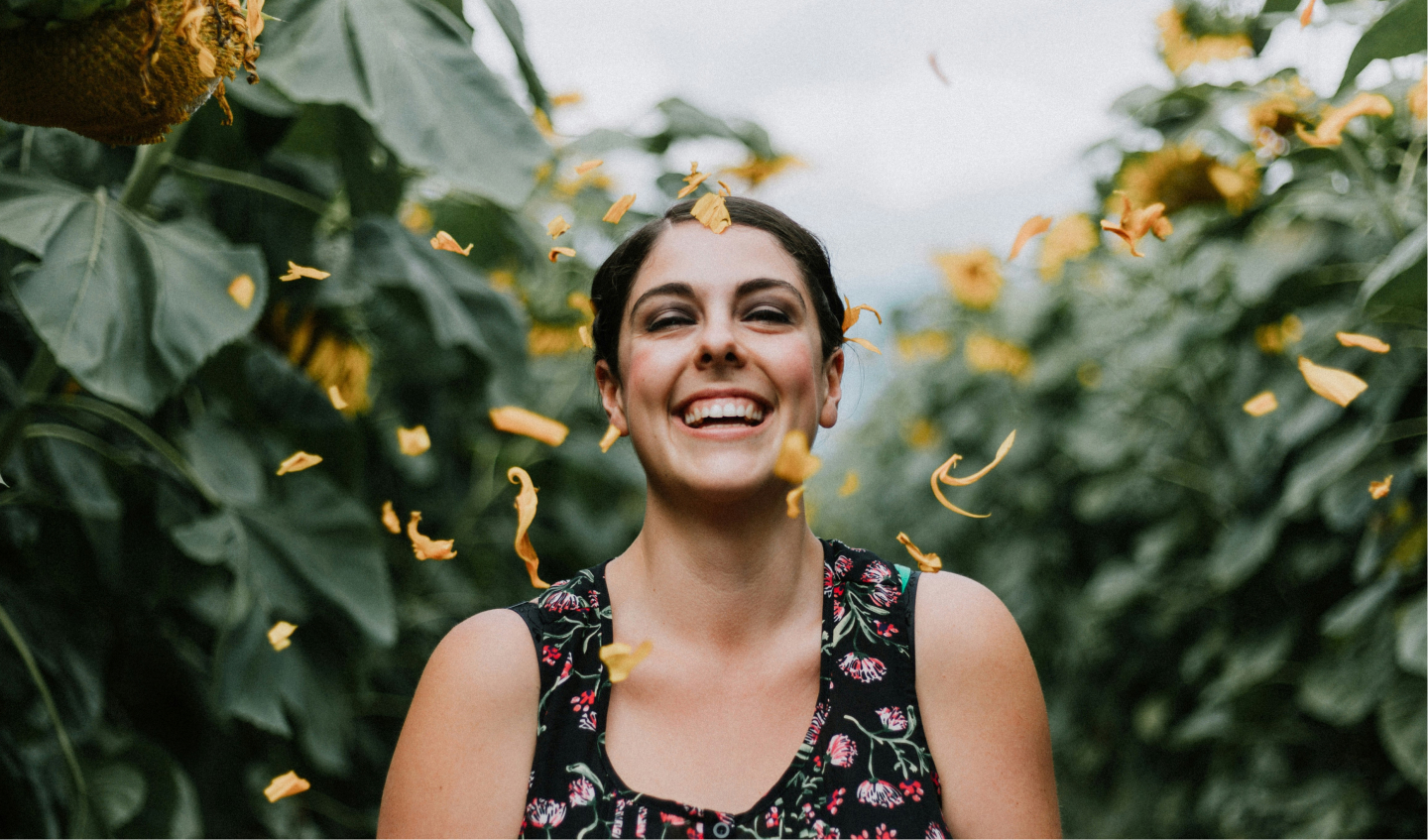
“A 15 minute video call made more of an impact on me than anything else related to my drinking. I’m used to feeling shame and for the first time, I felt hope.”
- Monument member
Quote does not relate to the person featured
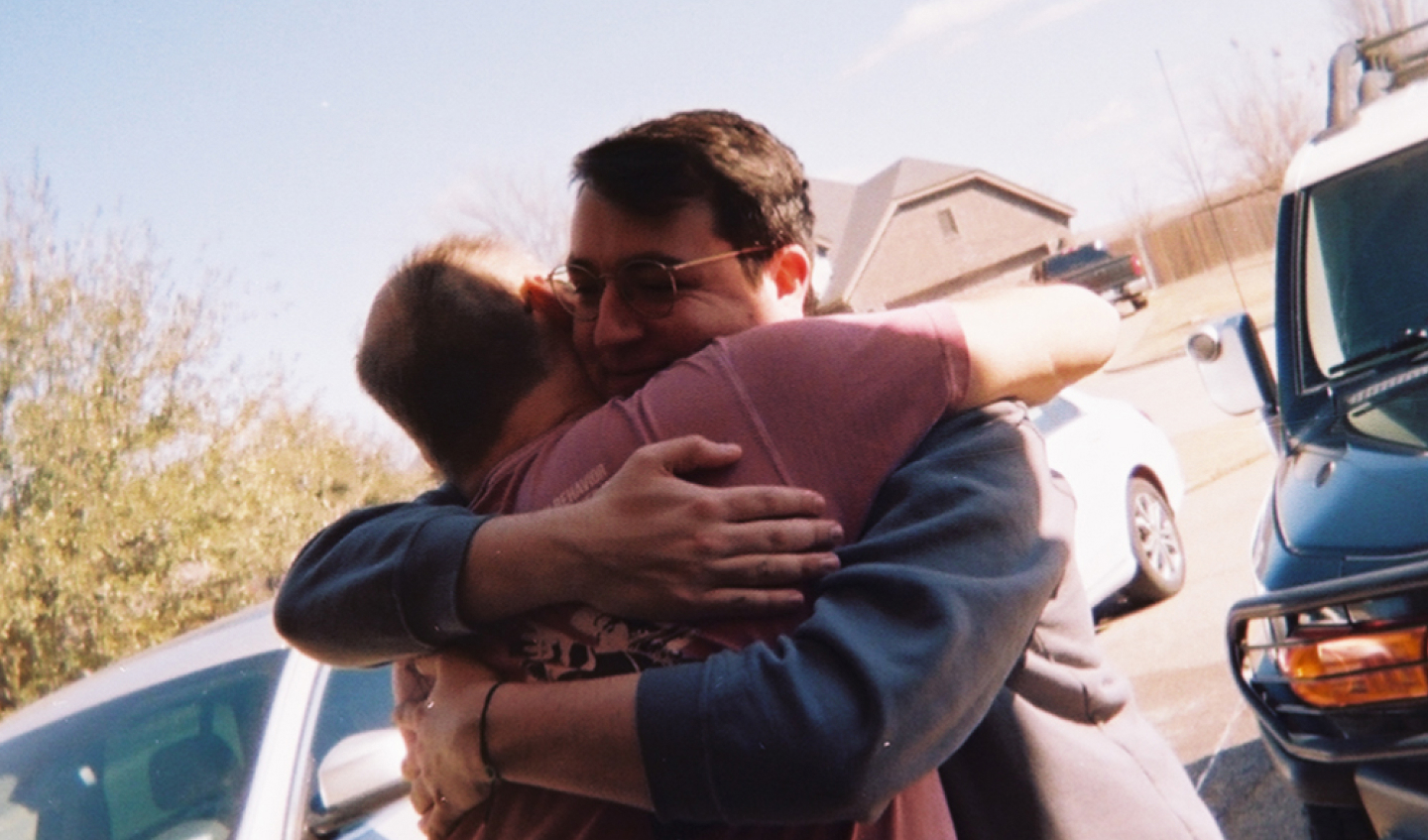
“I feel hopeful for the first time in years and feel completely equipped to succeed. Everything was explained so well.”
- Monument member
Quote does not relate to the person featured
Get help to cut back or quit drinking from your first appointment.
You'll be met with 100% support, and 0% judgement. Our licensed therapists and physicians have helped thousands of people leave alcohol behind.
Join MonumentMember reviews
Monument’s clinicians have an average rating of 4.8/5
Monument therapists and physicians have an average rating of 4.8/5

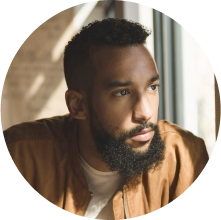
"The non-judgemental health based approach worked for me. I liked being able to check in when I felt like I needed the support. Most of all, my therapist was excellent. Her competence in the field, knowledge, compassion, and empathy really made a big difference for me."

"There was absolutely no judgment. It was easy to share my medical history and addiction with my physician. I would highly recommend meeting with a Monument doctor. I am so glad that it is all fully online and so easily accessible."
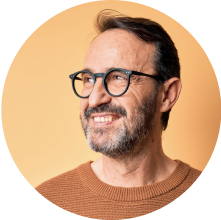
"I have tried many groups, AA meetings, psychologists, doctors and addiction counselors for the past year. The Monument group is the best I have experienced. I am so excited to be part of this treatment program! Thank you very much."
Are you a therapist or physician that wants to work with Monument members?
Help patients make progress toward their alcohol reduction goals while we take care of administrative responsibilities, allowing you to focus on what really matters.
Apply nowSources:
- National Institute on Drug Abuse. “Recovery, https://nida.nih.gov/drug-topics/recovery.” Accessed Jun, 16. 2022.
- VeryWell Mind. “The Costs of Alcohol and Drug Rehab, https://www.verywellmind.com/the-costs-of-alcohol-and-drug-treatment-67863.” Accessed Jun, 16. 2022.
What is Monument?
Monument is the leading online alcohol treatment platform for anyone looking to cut back on drinking or stop altogether. Monument community members get access to an anonymous 24/7 forum to share updates throughout their journey, and free virtual support groups on topics related to alcohol dependence, moderated by a licensed therapist.
Members seeking one-on-one support can sign up for a personalized online treatment program. Treatment plans include options for online therapy with weekly or biweekly counseling, and physician care with medication management.
Licensed therapists and physicians empower members to reach their goals for sobriety or alcohol moderation with the support of evidence-based tools.
For those interested in medication to treat alcohol dependence, their physician will discuss FDA-approved prescription medication options. Members receive individual sessions with their treatment provider over video, no waiting room or expensive alcohol rehab required.